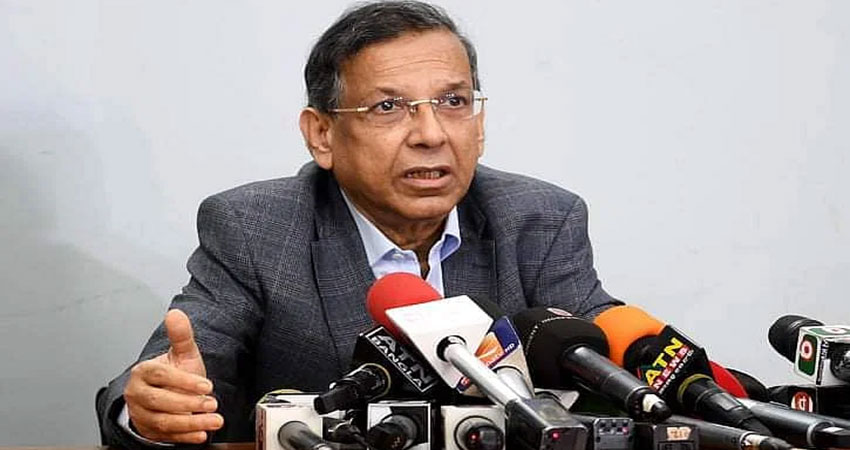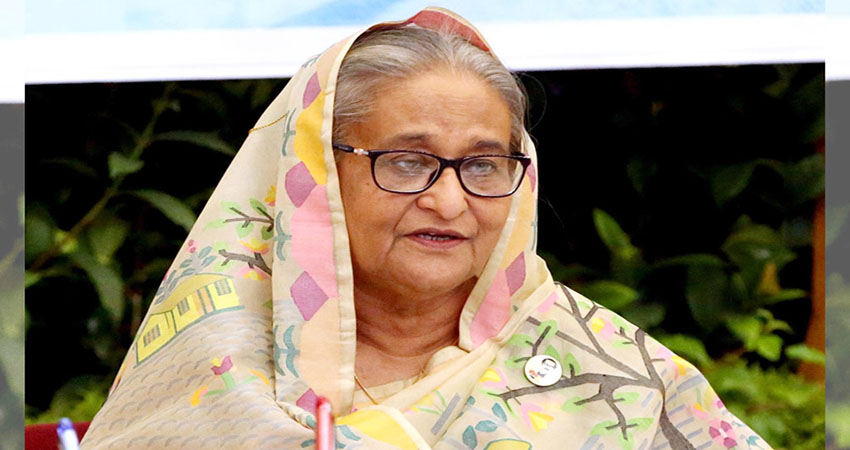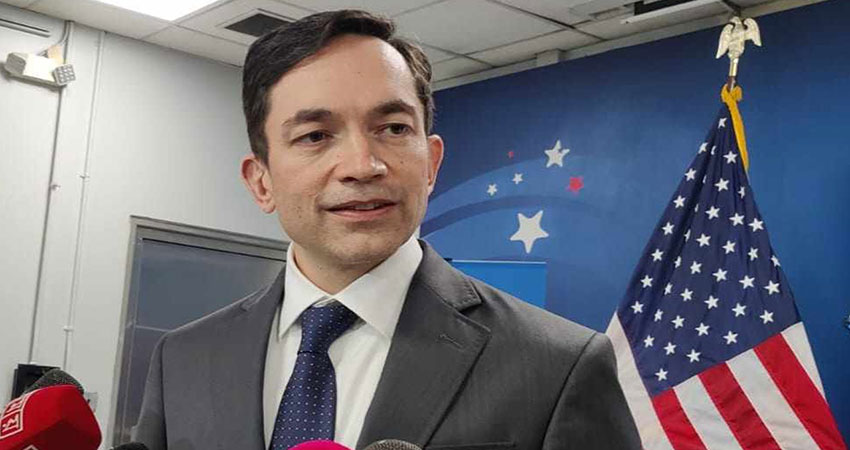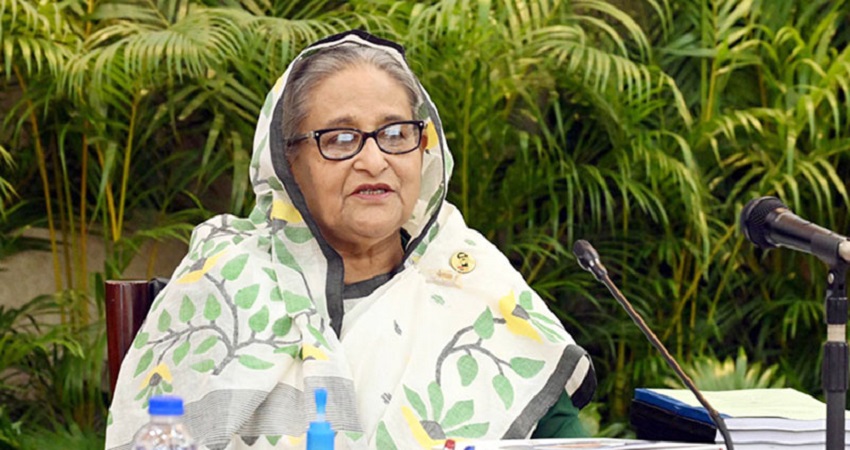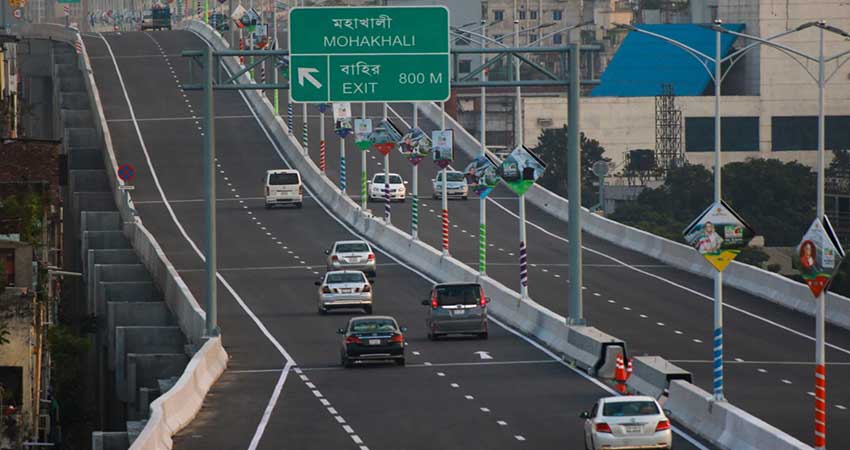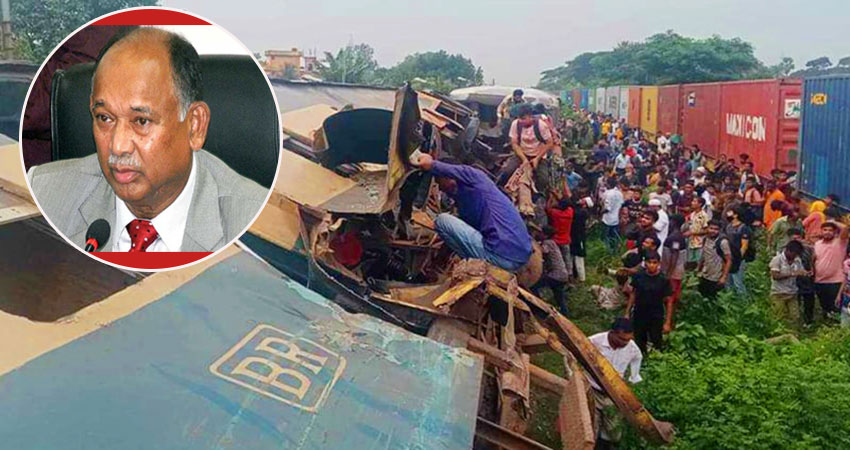Addressing the United Nations at the 44th Session of the body's Universal Periodic Review (Bangladesh), Law Minister Anisul Huq said the protests by readymade garment (RMG) workers won't be recoginsed as a movement to secure labour rights as the protests are being instigated to thwart democratic process of the country.
"In the present labour unrest, we see an interlining of instigation targeted to thwart the democratic process... Such actions will not be recognised as a movement to secure labour rights; rather this will be considered an attack against the free will of people," he said.
In an immediate reaction to the minister's statement, human rights organisation Amnesty International rejected the "mischaracterisation of workers' rights protest".
"Amnesty rejects the Law Minister's mischaracterisation of workers' rights protest to be paid a living wage as 'labour unrest to thwart democratic process' and 'acts of sabotage," the human rights organisation said in social media platform X, previously known as Twitter.
It also said, "Workers' rights are human rights! Workers have the right to protest demanding a living wage.
"Amnesty urges Bangladesh to ensure workers are afforded the opportunity for decent work instead of continued poverty pay."
Meanwhile, the law minister during his speech also mentioned that last week the government had announced a revised wage for RMG workers, which was 56.25% higher than before.
Anisul then emphasised the impact of sanctions on countries like Bangladesh.
"Countries like ours are tremendously affected by the sanctions and counter sanctions that have emanated from the ongoing political geopolitical tensions, leading to global inflation and supply chain disruption.
"As a member of the UN Secretary General's Global Crisis Response Group, Honourable Prime Minister Sheikh Hasina has highlighted these issues at different platforms. She has remained persistently vocal in urging all concerned to stop the ongoing wars including in Ukraine and in Gaza."
He said Bangladesh remained "deeply concerned with the depths and destruction, especially of women and children in Gaza" and expressed solidarity with Palestine.
The law minister also touched upon the various measures taken to ensure workplace safety, such as the formation of relevant units by the Department of Inspection for Factories and Establishments (DIFE).
Huq brought up how the government had also stood by workers so they could get legal redress.
Highlighting the numerous strides Bangladesh has made on the issue of human rights, Huq said, "We have officially recognised the gender identity of the transgender community and allocated Social Security benefits. We amended our laws allowing the transgender population to participate in elections, both as a voter and a candidate with their own gender identity."
Pointing out that the government had adopted a National Food and Nutrition Security Policy Plan, Huq said, "We provide subsidies on staple food items to ensure food security to low income communities. Free or highly-subsidised food items are provided to marginalised groups."
Huq also said Bangladesh had brought 100% of its population under electricity coverage, which was a major milestone given the context of the country.
"Bangladesh continues its efforts to achieve free and compulsory education guaranteed by the Constitution. The rate of adult literacy has increased to 76.43%," he said, adding that drop out rates had also fallen.
Although there was progress, the law minister said Bangladesh was often punished through no fault of its own on the matter of climate change.
"In many ways we are being punished for no fault despite being one of the least carbon emitters. Bangladesh is among the world's most climatically vulnerable countries. Notwithstanding our exemplary disaster preparedness mechanisms, global warming and environmental degradation are contributing to higher frequency, unpredictability and severity of natural disasters."
He said Bangladesh had formulated many strategic plans to mitigate the damage from climate change, including the Climate Change Strategy and Action Plan and the Bangladesh Delta Plan.
"We've stressed the need for access to climate finance…We also promote the concept of climate justice in all international discourses."
In conclusion, the law minister said, "We believe, despite the challenges, we have achieved considerable success in materialising the commitments we undertook… I accept that there are always rooms for improvement, that no society in the world is perfect."

